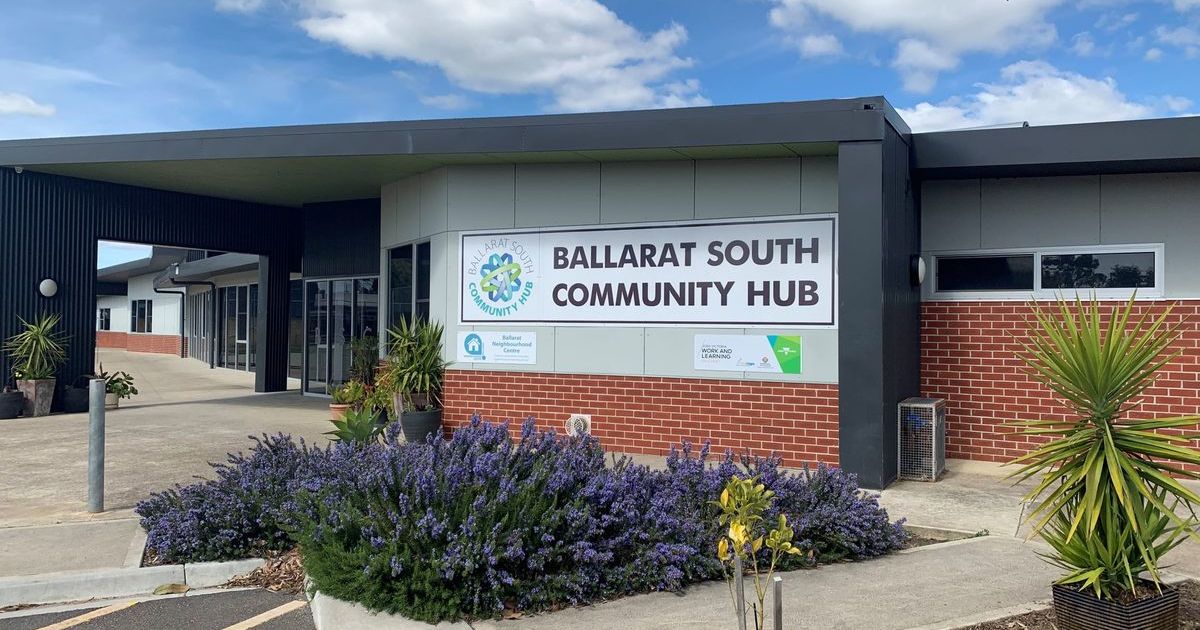Different type of green power on the cards

Under construction: A $240,000 Renewable Organics Network is currently being built at the Colac Water Reclamation Plant. Photo: SUPPLIED
A NEW powerplant that generates electricity from organic waste has been proposed for the greater Geelong region.
 Known as a Renewable Organics Network and recently announced by State water minister Lisa Neville, the project would take residential and commercial food waste, organic material from industry as well as green waste and turn it into electricity by burning generated gases.
Known as a Renewable Organics Network and recently announced by State water minister Lisa Neville, the project would take residential and commercial food waste, organic material from industry as well as green waste and turn it into electricity by burning generated gases.
It would also produce soil enhancement products like fertiliser as a by-product.
The plant would be built at a Barwon Water owned site and is similar to one that’s currently under construction in Colac.
The aim is to fire the plant with organic waste that would have otherwise gone into landfill.
“We know the impact climate change is having on inflows to our water storages and the health of our waterways, it’s never been more important to deliver creative solutions to reduce greenhouse gas emissions,” Ms Neville said.
“We want our water corporations and the whole sector to help Victoria adapt to climate change – ensuring we continue to support jobs, liveable communities and a healthy environment.”
The proposed Renewable Organics Network is an initiative of Barwon Water and the G21 member municipalities, including Golden Plains.
Slated for 2023, a government statement said the project could create 80 jobs during construction and subsequent operation.
With the State government set to introduce a fourth kerbside bin for residential organic kitchen waste soon, mayor Cr Owen Sharkey said the new power plant could provide a range of solutions to current challenges in the Shire.
“Under the Victorian Government’s four-bin waste and recycling solution, all councils will need to collect organics and the big question is: what do we do with this waste?” he said.
“With the Renewable Organics Network, we are taking great strides to developing the answer to the region’s future waste management strategy.”
“We need long-term solutions for waste management and Golden Plains Shire council is pleased to partner with the G21 councils and Barwon Water to develop this innovative Renewable Organics Network initiative for the Geelong region.”
The Renewable Organics Network currently under construction at the Colac Water Reclamation Plant was allocated $240,000 of State government funds in 2018.
It’ll receive organic waste from Australian Lamb Company and Bulla Dairy Foods and is set to generate enough power for 1000 homes.
When completed it will send hot water back to the Australian Lamb Company site as well as create a volume of baseload power that means the water reclamation plant could come off the main electricity grid.
Barwon Water managing director Tracey Slatter said the Geelong region project was “exciting”.
“Barwon Water is thrilled to be working with local councils and businesses on this exciting project,” she said.
“It will bring significant benefits to the region and surrounds by supporting regional prosperity and reducing waste and emissions.”


















